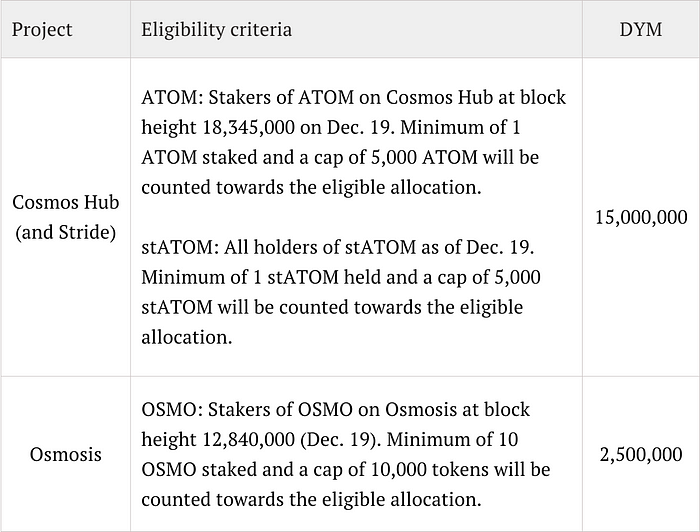Tesla, the $700 billion electric car company, is executing a pilot project across its supply chain to use blockchain to trace cobalt and nickel. Tesla is partnering with Re|Source, which allows blockchain tracing “from the mine to the electric vehicle,” according to Glencore, an Anglo-Swiss commodity trading and mining corporation with $142 billion in annual turnover.
According to Glencore,“From upstream cobalt production facilities in the Democratic Republic of the Congo (DRC) to downstream electric car production sites, the pilot is being evaluated in real-world situations.
Multiple on-site pilots have already begun in the DRC and Europe, with plans to start more in Asia and the United States later this year. The final pilot, which will cover the whole Tesla supply chain, is scheduled for Q4 of this year. The final industry solution is planned to be released in 2022, with backing from Kryha, a boutique block-chain technology studio.”
We've asked Kryha for more information on what blockchain is being utilized, whether it's ethereum-based or not, and will update if we hear back. “A blockchain platform by building a transparent, open, and worldwide registry that strives to ensure that every cobalt used in end-products is sustainably sourced, and users can account for and verify the origin of each unit,” Tesla said.
When finished, the system will allow consumers to track cobalt from mine to battery, ensuring that the quantities of traceable material and upstream suppliers' sustainability efforts are both known.
Starting with cobalt production sites in the DRC and progressing to electric car production sites, this approach will be tested in real-world scenarios.
This test program, which will run until the end of 2021, includes Tesla. The platform will be fully operational in 2022.”
Tesla also disclosed that they're working on a blockchain pilot program to track nickel with BHP. According to Tesla,
“Over the course of three months, we tracked nickel shipments from BHP's Nickel West mines in Western Australia through several transformation processes and into vehicle manufacturing at the Gigafactory Shanghai...
The digital nature of blockchain provides scalability, and CO2 tracking certifies Tesla's environmental footprint, allowing the supply chain to alter long-term emission reduction initiatives and leverage them in day-to-day operations.
These will be included in key disclosures that will eventually be included in an environmental battery passport and future EU battery regulations. We were also able to identify possible inefficiencies in supply chains and offer strategies to address them as a result of the pilot.”
Because blockchain technology creates an instantly shared immutable record of entered data, it is increasingly being used in supply chains to facilitate increased collaboration between various entities, such as on-the-ground employees, office workers or supervisors, regulators, and other participants.
The solution does not guarantee the accuracy of entered data, which still requires manual supervision and quality control, but it does prevent data from being tampered with once it has been entered into the system and allows it to be shared with end users.
Tesla began developing a blockchain system in 2019, and is now testing it on the ground to provide customers with a fully transparent record of the minerals used in Tesla vehicles.









No comments:
Post a Comment
Note: only a member of this blog may post a comment.